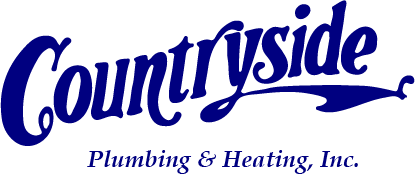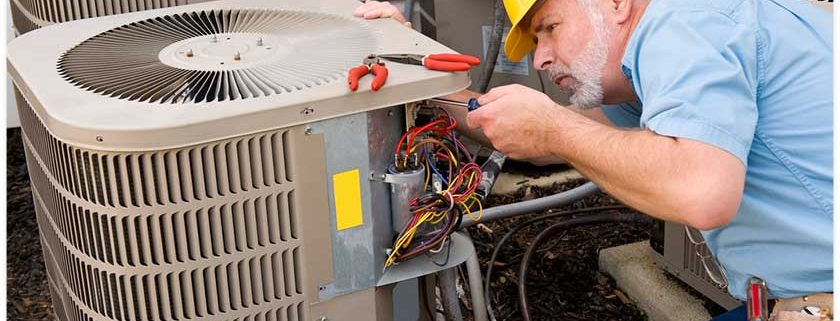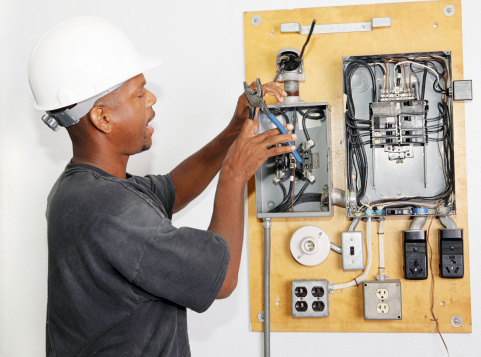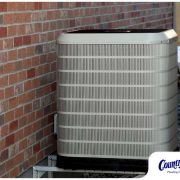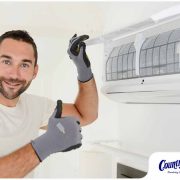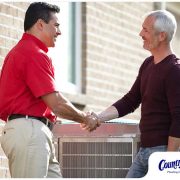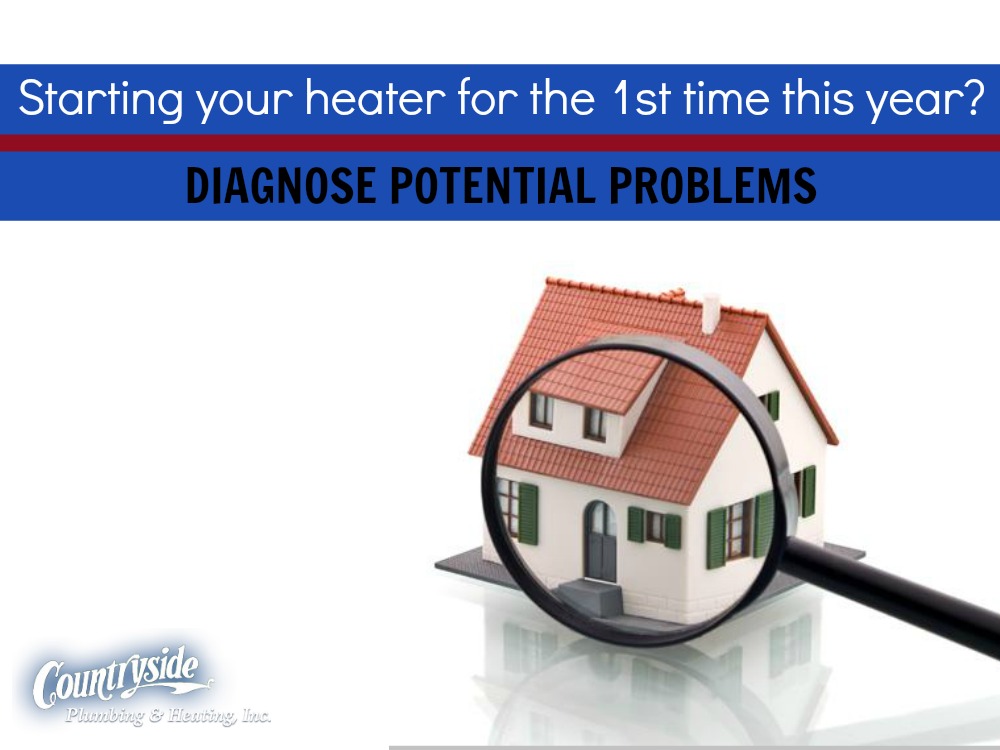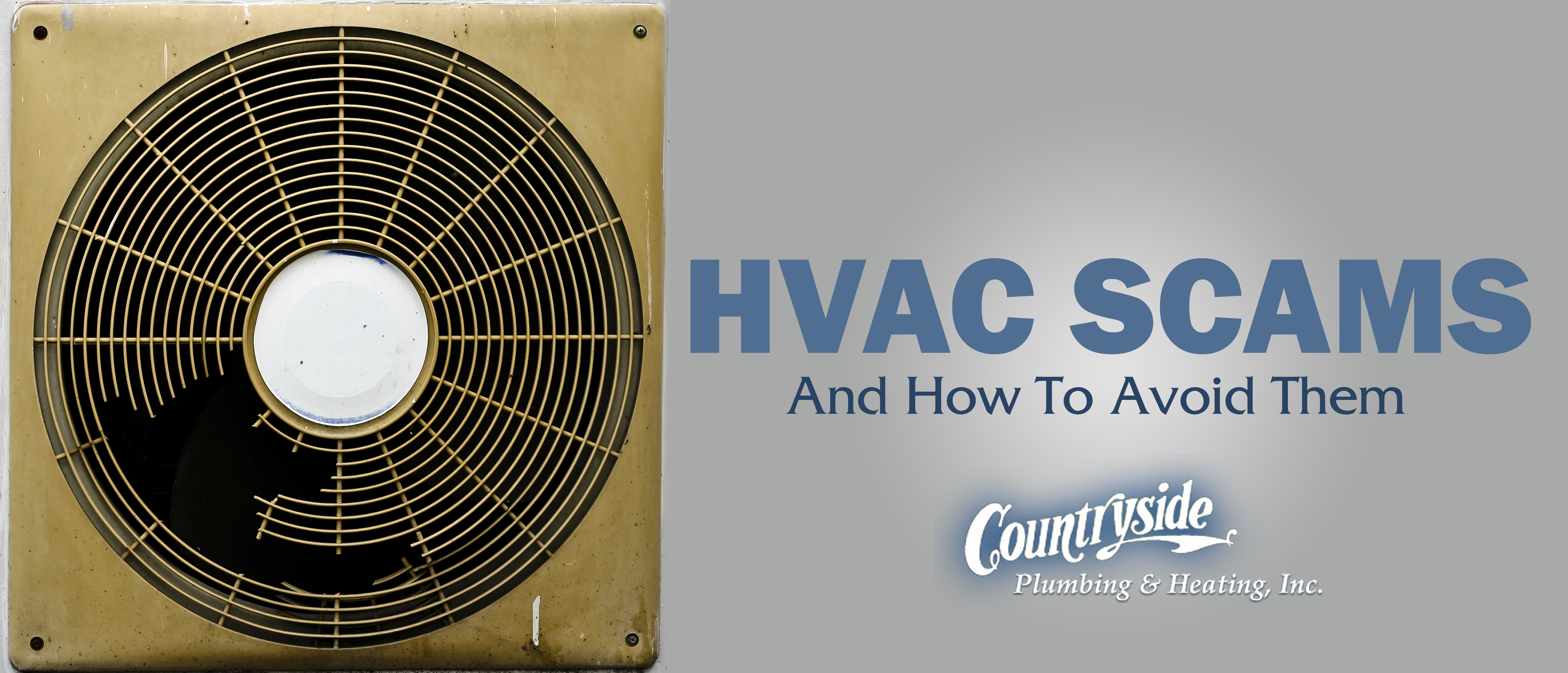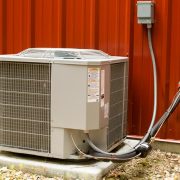Capacitor Failure: Why Does It Happen in an AC System?
The capacitor is one of the most important components of an air conditioning system. It’s also prone to failure, and when this happens, it can affect the performance and efficiency of the whole unit. Countryside Plumbing & Heating, Inc., your trusted contractor for your electric heater and heat pump needs, explains further here.

The Role of the AC Capacitor
A capacitor is a small cylindrical component that stores up electricity, providing small bursts of energy to the motor it’s connected to when needed. It’s located in the AC unit’s condenser unit, which is located outside your house. Capacitors usually come in pairs—one to provide the extra voltage needed to jumpstart the compressor or fan motor, and the other to keep it running.
Why Does a Capacitor Go Bad?
The capacitor’s ability to store and release energy can cause it to overheat and wear out eventually. This can happen when the whole system runs for long periods of time. Capacitor failure can also be the result of a power surge, a lightning strike or fluctuations in the electric grid. In any case, it can overload and burn out the AC unit’s electrical components.
How to Determine Capacitor Failure
Capacitor failure isn’t only a common issue in air conditioners. Even central and radiant heating systems can have this problem. Fortunately, there are ways to find out if it needs to be replaced. Here are some of the signs to watch out for:
- The AC startup takes a while (from when you switch it on to when it starts).
- You notice a humming sound coming from the inside of the unit.
- An automatic shutoff occurs, which isn’t part of the typical cooling cycle.
- The unit doesn’t start at all.
To keep your HVAC system’s capacitors in good shape, make sure to keep the unit well-maintained. At Countryside Plumbing & Heating, Inc, our team of certified technicians follows highly-detailed maintenance procedures to ensure the maximum efficiency of your heating and cooling system all-year-round.
To learn more about furnace prices or if you have any HVAC-related concerns, get in touch with us by calling (715) 246-2660 or filling out our contact form.
